Publications
Articles, publications, books, tools and multimedia features from the U.S. Institute of Peace provide the latest news, analysis, research findings, practitioner guides and reports, all related to the conflict zones and issues that are at the center of the Institute’s work to prevent and reduce violent conflict.
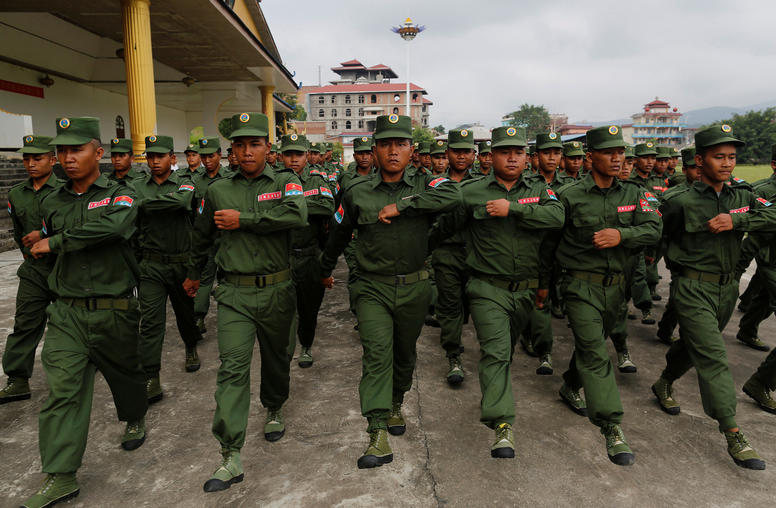
The United Wa State Army and Burma’s Peace Process
The United Wa State Army, a force of some twenty-thousand fighters, is the largest of Burma’s ethnic armed organizations. It is also the best equipped, boasting modern and sophisticated Chinese weaponry, and operates a formidable drug empire in the Golden Triangle region. This report examines the history of the Wa people, the United Wa State Army’s long-standing political and military ties to China, and the Wa’s role in Burma’s fragile peace process.
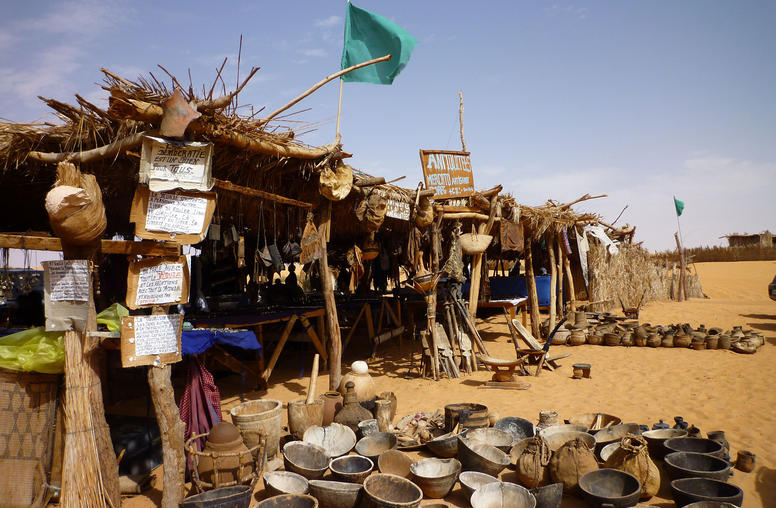
Amid War in Libya’s North, a Peace Effort Launches in the South
The Libyan faction leader, Field Marshal Khalifa Haftar, made global headlines this month with his assault on the capital, Tripoli. But in January, fewer people noticed his preparatory move: a takeover of the country’s vast southern region, Fezzan. Fezzan is mostly desert but flecked with oil fields and agriculturally rich oases. Libya’s U.N.-recognized government, which is Haftar’s rival in claiming power, has largely neglected the south, leaving armed groups from different tribes to fight for control of economic resources. This absence of governance, across an area larger than California, offers a haven for threats to regional and U.S. security interests: human trafficking, arms smuggling, and violent extremist groups.
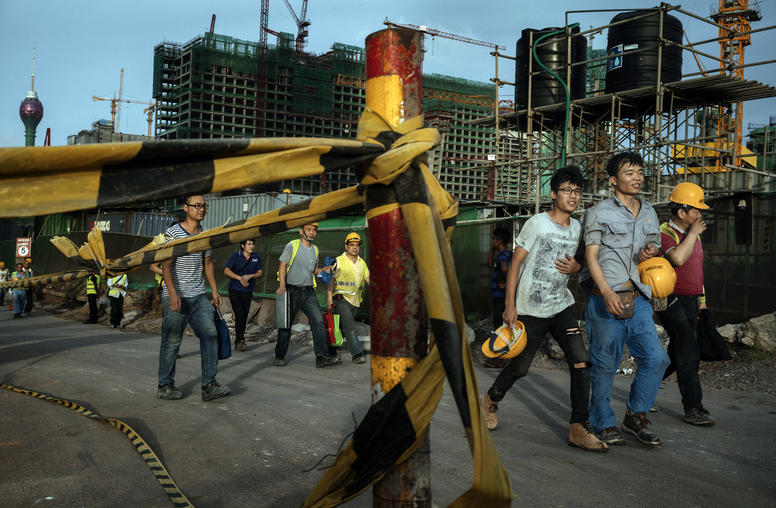
Where Does China’s Belt and Road Initiative Stand Six Years Later?
Few projects illustrate the risks of China’s Belt and Road Initiative (BRI) better than the Hambantota port in Sri Lanka. In 2017, unsustainable debt loads drove Colombo to give China a 99-year lease and controlling equity stake in the Hambantota port, while local communities protested the loss of sovereignty and international observers worried about China’s strategic intentions. The Hambantota case may be an outlier, but it has become a “canary in the coalmine,” and a warning sign to other BRI participants about what their future may hold. Increasingly, countries around the world are taking steps to reassert their influence over BRI projects—and Beijing has taken note.
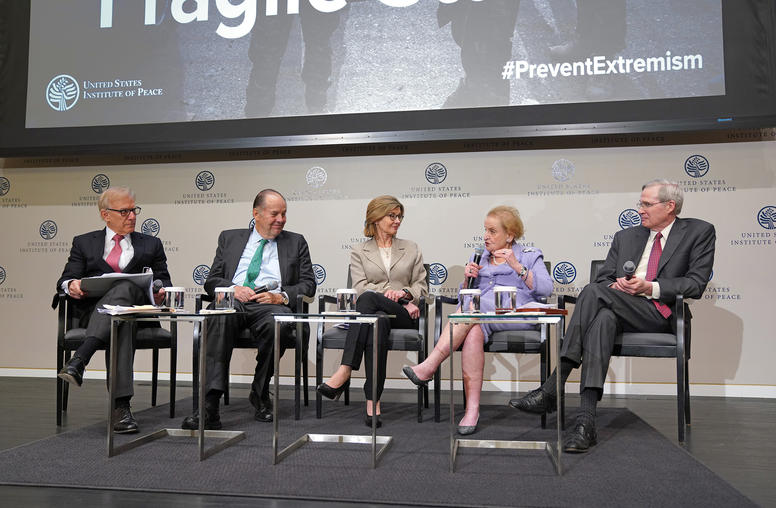
Fragile States and Violent Extremism: New Ideas for a Policy of Prevention
On April 21, suicide bombers in Sri Lanka reminded the world that the end of the Islamic State’s “caliphate” by no means marked the defeat of violent extremism. Indeed, despite trillions of dollars spent and tens of thousands of lives lost, terrorism is spreading. The urgency of checking the ideology behind terrorism, particularly where the ground for it is most fertile, has never been greater, said members of the Task Force on Extremism in Fragile States this week at the U.S. Institute of Peace.

Amb. Bill Taylor on Ukraine’s Presidential Elections
Following his election observation, Taylor discusses Volodymyr Zelenskiy’s victory and how he can build support at home and abroad. “The president-elect is already getting a lot of support from the international community,” and if he implements the pro-Western policies he advocated during the campaign the U.S. will continue to strengthen bilateral ties, says Taylor.

Susan Stigant on the Turmoil in Sudan
The overthrow of longtime dictator Omar al-Bashir could have important implications for Sudan and the broader region, says Susan Stigant. “What we see in Sudan at the moment isn’t just about what’s ha
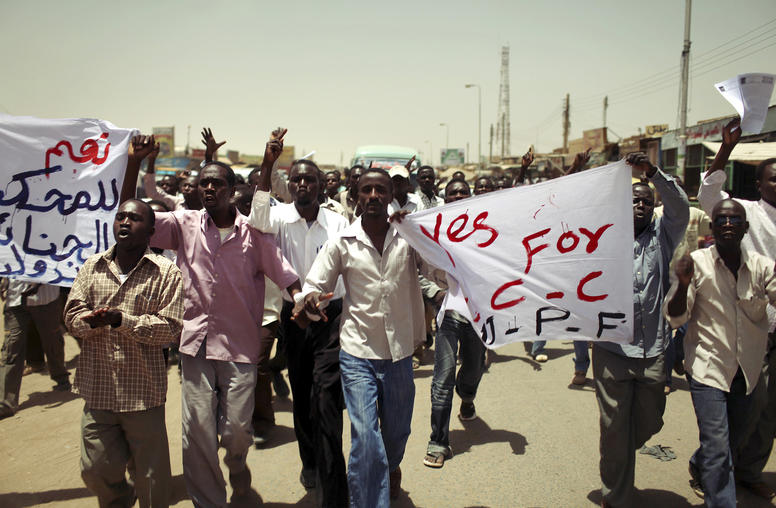
After Bashir, A New Dawn in Sudan? (Part 1)
Longtime Sudanese dictator Omar al-Bashir was ousted last Thursday, 30 years after he took power in the same fashion he was overthrown: by a military coup. The military takeover was spurred by months of popular protests over rising food prices, economic mismanagement and demands...
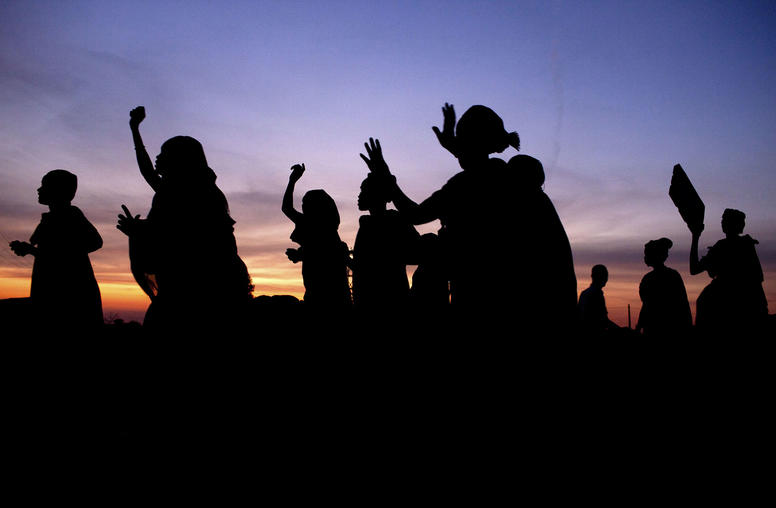
After Bashir, A New Dawn in Sudan? (Part 2)
Longtime Sudanese dictator Omar al-Bashir was ousted last Thursday, 30 years after he took power in the same fashion he was overthrown: by a military coup. The military takeover was spurred by months of popular protests over rising food prices, economic mismanagement and demands for a...
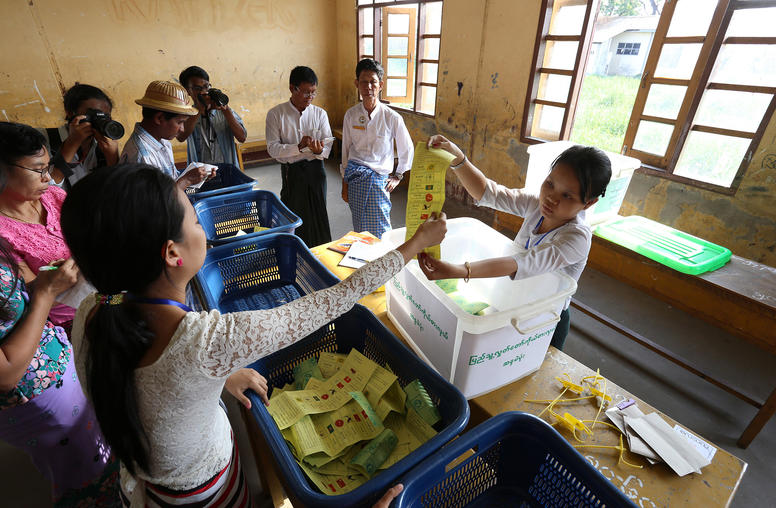
Myanmar’s 2020 Elections and Conflict Dynamics
In late 2020, Myanmar will hold a general election for more than a thousand seats in Union, state, and regional legislative bodies. The next year and a half will also see two high-level, conflict-laden processes capture domestic and international attention—the 21st Century Panglong peace conference and possible attempts to repatriate Rohingya refugees. This report evaluates the environment in which the peace process, Rohingya repatriation, and the election intersect and identifies opportunities for mitigating conflict in the run-up to the election.
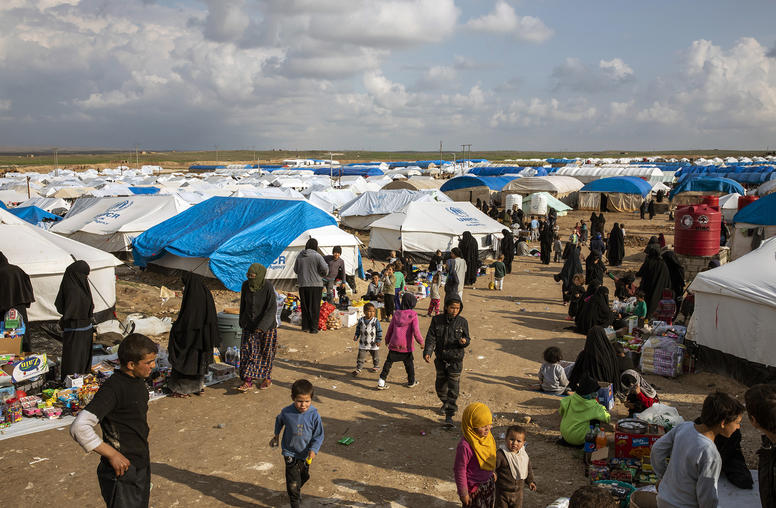
To Truly Defeat ISIS, Describe its Returnees as ‘People’
More than 100 countries, from Kosovo to Indonesia to Tunisia, face the security challenge of what to do with their citizens who traveled to join the so-called Islamic State. In dealing with perhaps tens of thousands of former ISIS participants—more than 9,000 in Syria’s Al Hol camp alone—simplistic solutions are at best inadequate and naïve, and at worst counterproductive and irresponsible. These include notions of indefinitely detaining or abandoning these populations in makeshift camps, or stripping their citizenship en masse. While many can be returned home to face trial, prosecution will be impossible for others. Thousands...